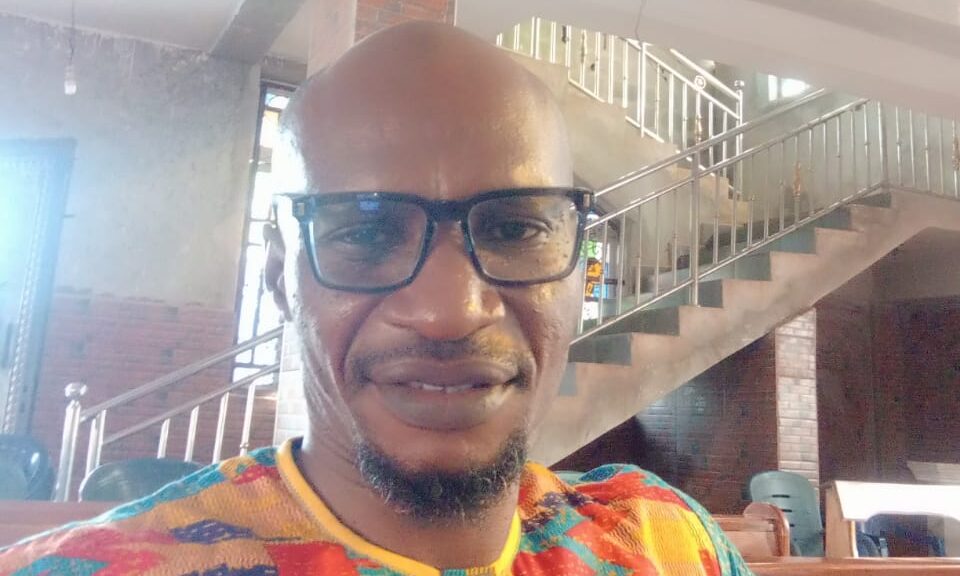The Missing Billions: How the South-East Slept Through the Investment Heist
It was just another morning, calm as ever, when the numbers dropped. Nothing unusual, just another report from Nigeria’s Bureau of Statistics. Except this one landed like a bullet through the window.
Abuja pulled in $3.05 billion. Lagos followed with $2.56 billion. Total capital importation for Q1 2025. The rest of the country? Peanuts. And the South-East? Dead silent. Not a kobo.
That’s right. Not one cent of foreign direct investment. Not to Anambra, not Abia, not Imo, not Ebonyi, not even Enugu.
No alarms went off. No pressers. No strategy meetings. Just silence—like a town where everyone heard the gunshot, but nobody’s willing to say who pulled the trigger.
The Irony in the Room
Here’s where it gets bloody ironic.
The Igbo man is building empires everywhere—except home. He’s raising shopping plazas in Lekki, buying floors in Abuja high-rises, owning container terminals in Apapa, running transport fleets in Port Harcourt—but when it comes to Enugu or Owerri, he suddenly forgets how to invest.
They call it “Igbo sense,” but something’s not adding up.
You can’t be the engine of commerce in someone else’s car and ignore your own broken ride.
Anambra: The Professor’s Paradox
Then there’s Anambra State, governed by Professor Charles Soludo—ex-Central Bank boss, Harvard fellow, economist with enough letters behind his name to fill a Scrabble board. If any state should be glowing on the FDI radar, it’s his. But Anambra’s signal? Flatline.
No foreign capital. No inflows. No excuses.
What happened to the masterplan? The economic turnaround? The investment pipeline? Or are we now writing policy memos for dustbins?
The Usual Suspects
The culprits aren’t hiding:
- Broken infrastructure
- Rogue bureaucracy
- Tension and insecurity in key towns
- A diaspora that builds Dubai-style mansions in Lagos but won’t open a bakery in Umuahia
- A political class that talks big and acts small
Meanwhile, in Ekiti—yes, sleepy Ekiti—they pulled in nearly $60,000 in foreign investment. Laughable? Yes. But at least they’re on the map.
The Exit Wound
Here’s the real damage: when foreign investors skip a region quarter after quarter, it’s not just bad optics—it’s a global verdict. They’re saying: “We don’t trust this place with our money.”
And that verdict is contagious.
No investor wants to be the first fool at the table.
But here’s the kicker: they follow local investors. Which means until wealthy Igbo sons and daughters bring their money home, the rest of the world will keep walking past the gates of the South-East like it’s a haunted house.
Time to Clean House
So what’s the play?
- Strip down the bureaucracy—one-stop shop for investors.
- Peace and security, by any means necessary. No one invests where headlines read like war diaries.
- Tax holidays, land incentives, diaspora investment bonds.
- Build and market industrial zones—not talkshops.
- Call a summit of Igbo billionaires and dare them to put their money where their origin is.
One Last Shot
Here’s the bitter truth—if the South-East doesn’t flip this script, fast, it’ll become the most entrepreneurial region that nobody wants to invest in. A tragic paradox. A place of talent without traction. Capital without courage. Strategy without execution.
And when that happens, no amount of history, culture, or market buzz will save it.
Because in the cold world of investment, there are no sympathy votes.
Just numbers. And right now, the numbers say: The South-East is missing.



